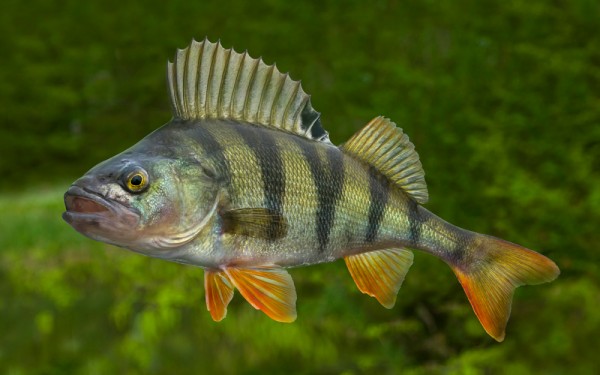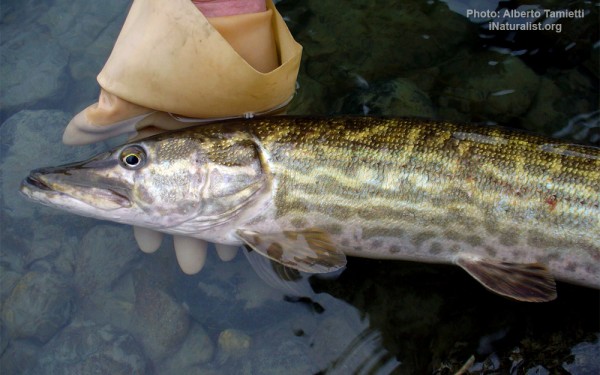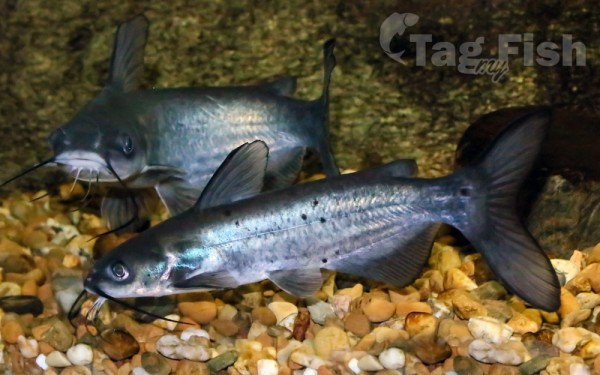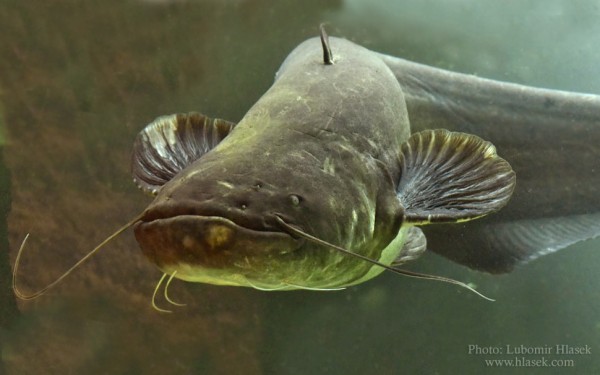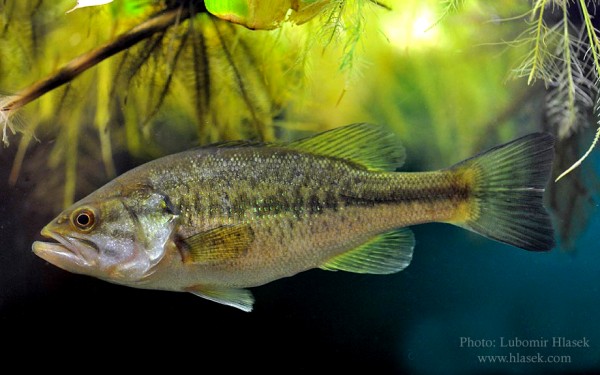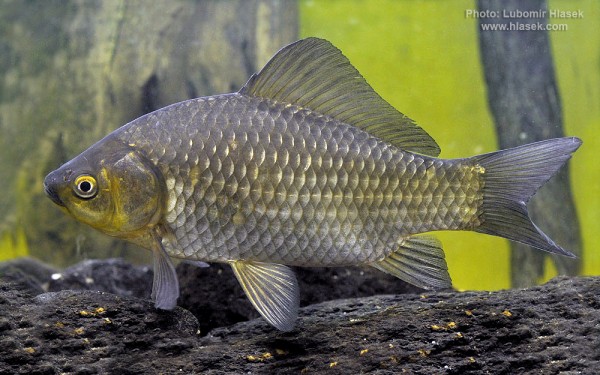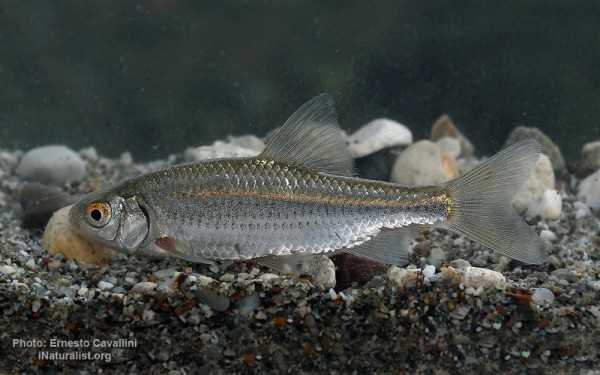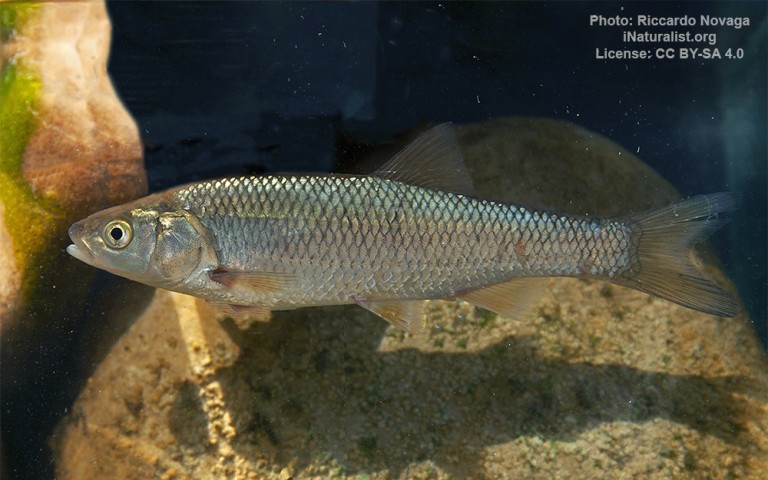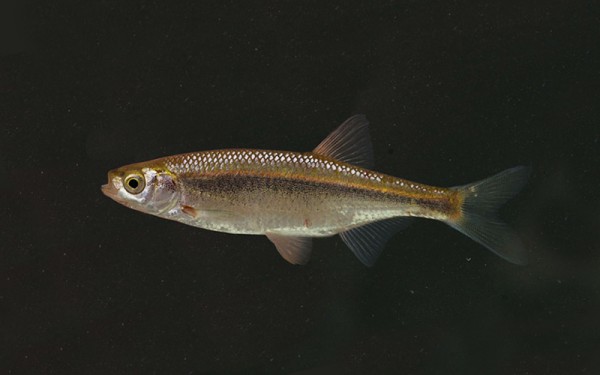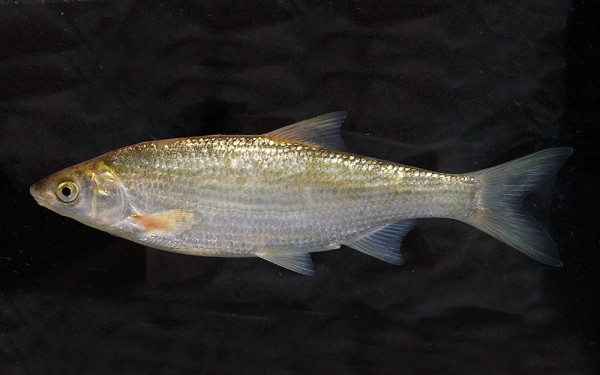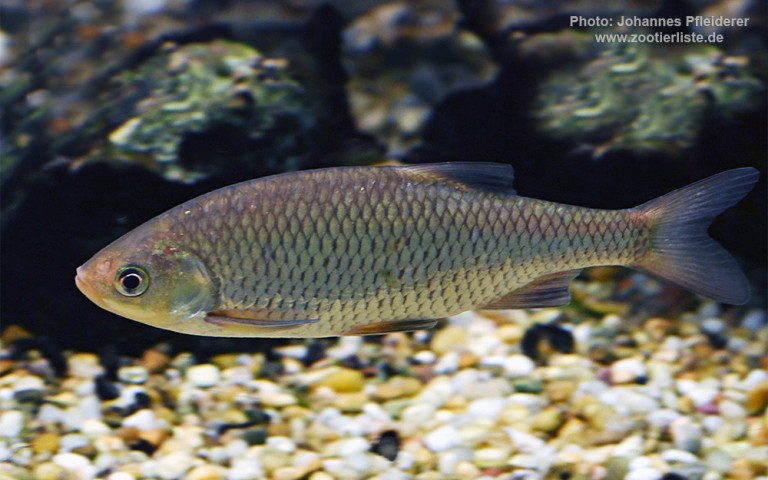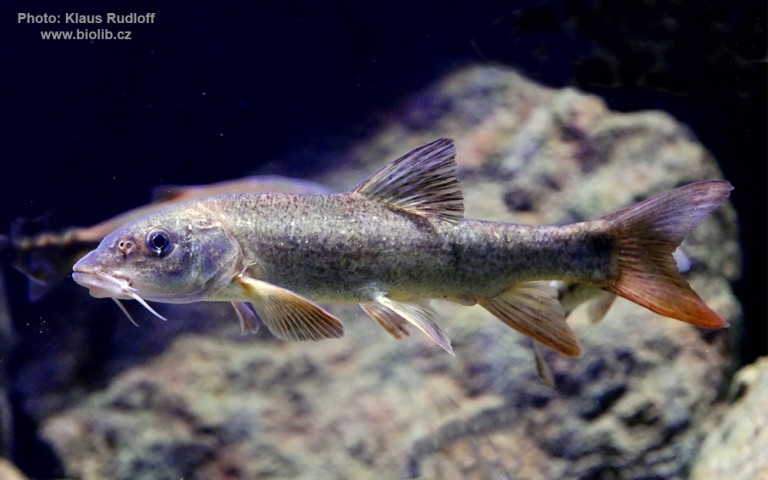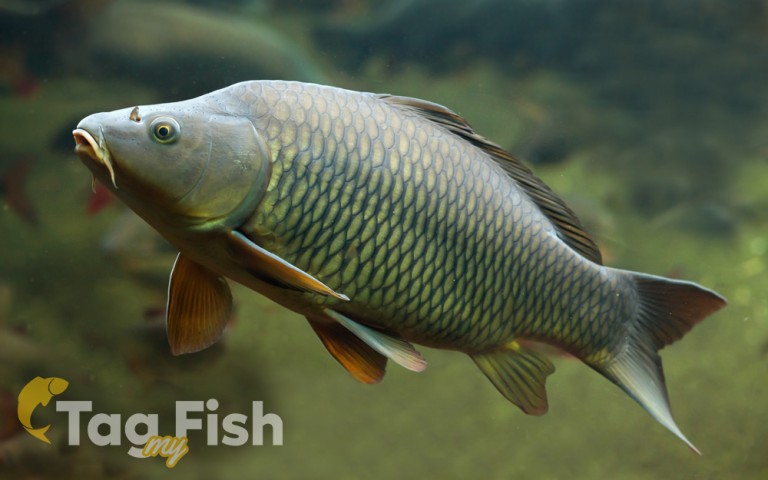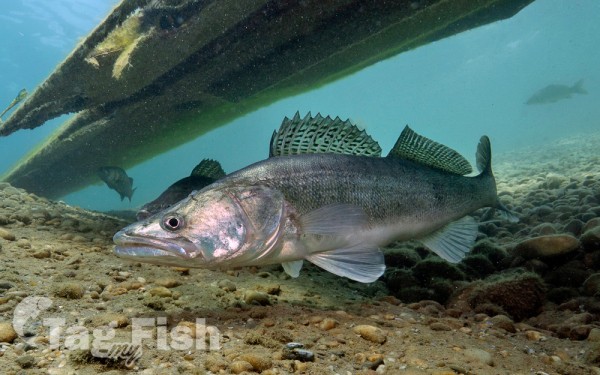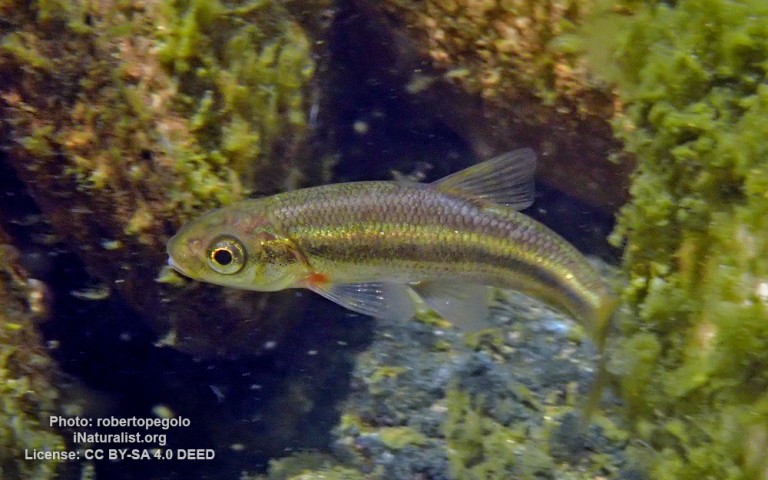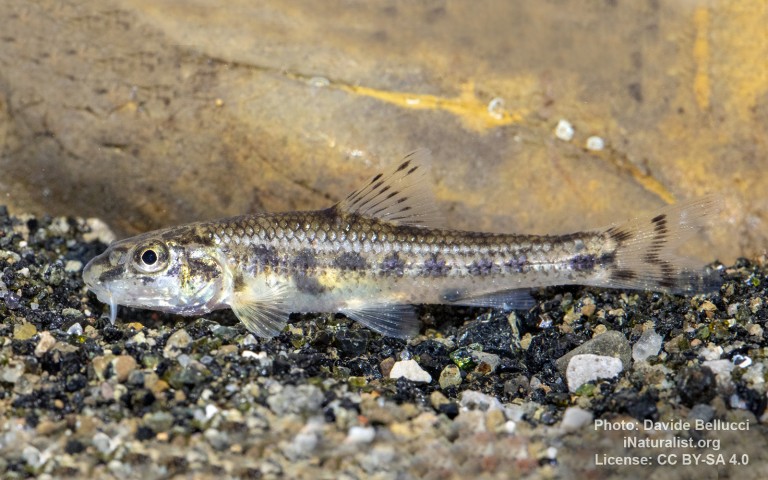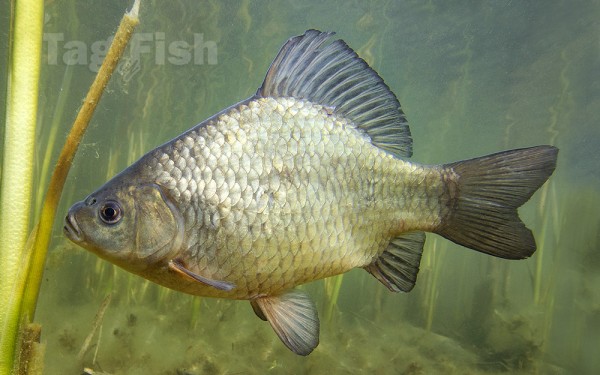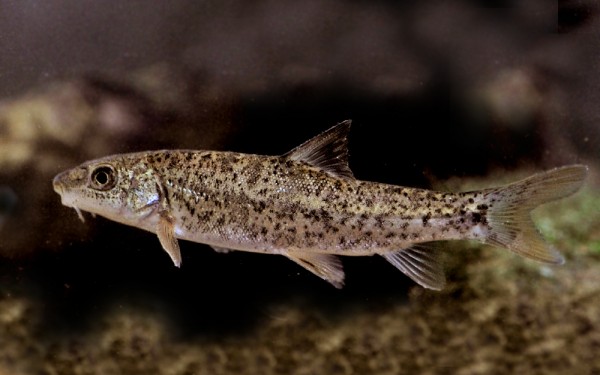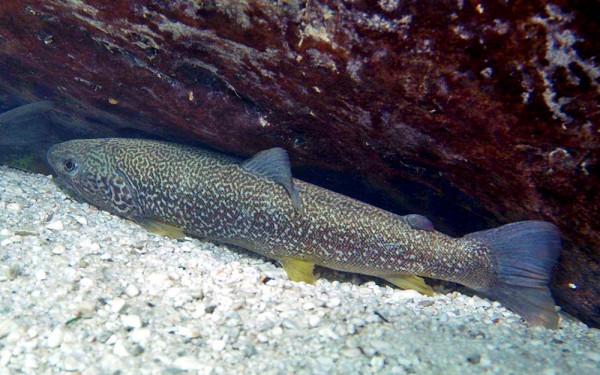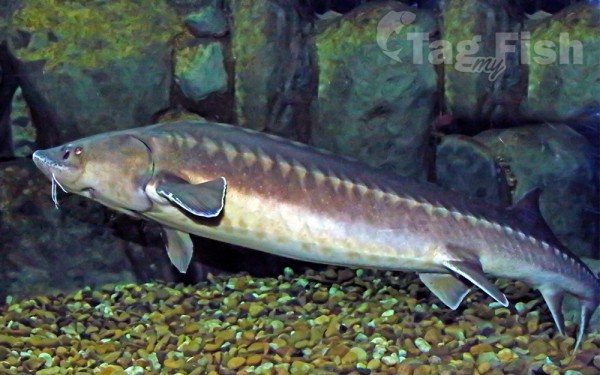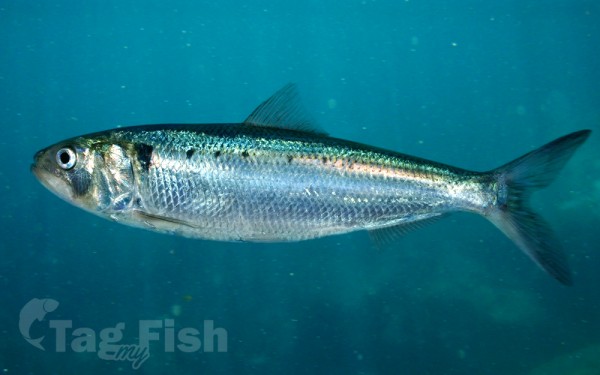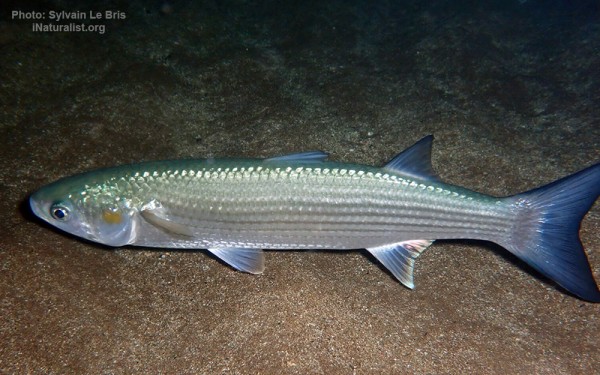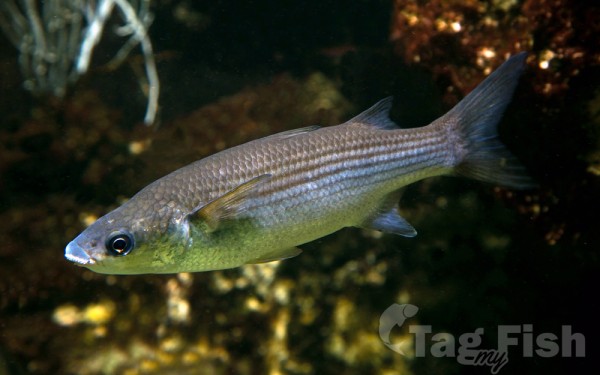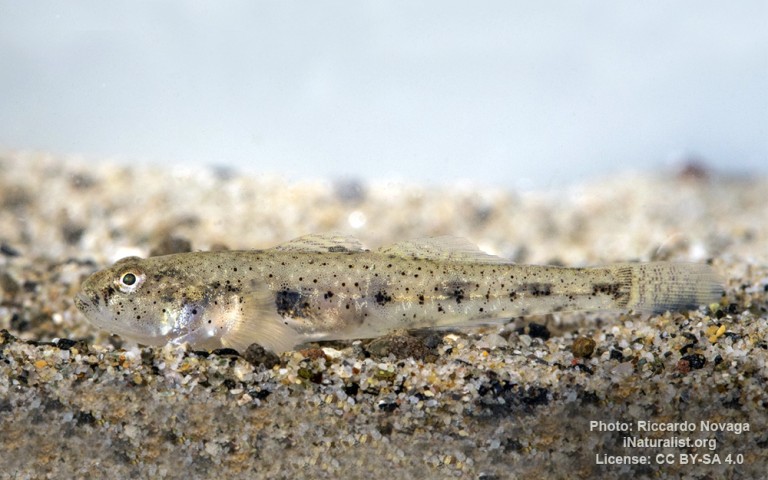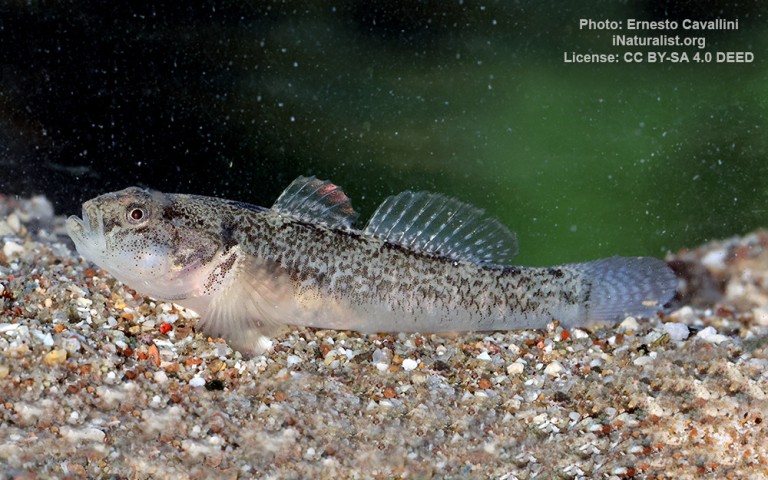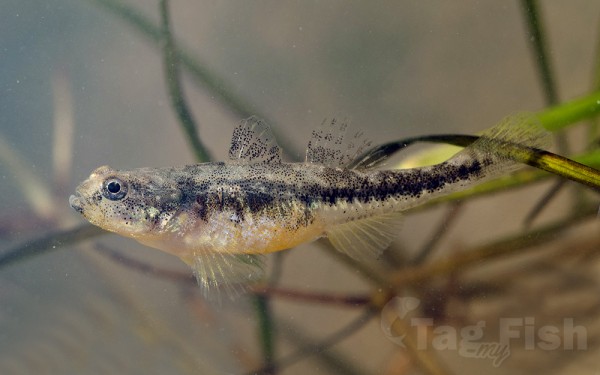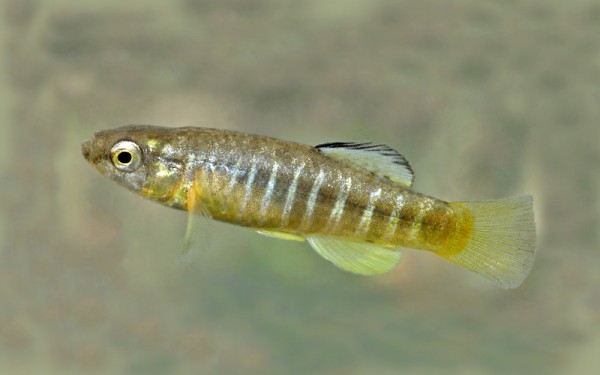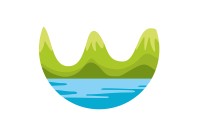Mincio
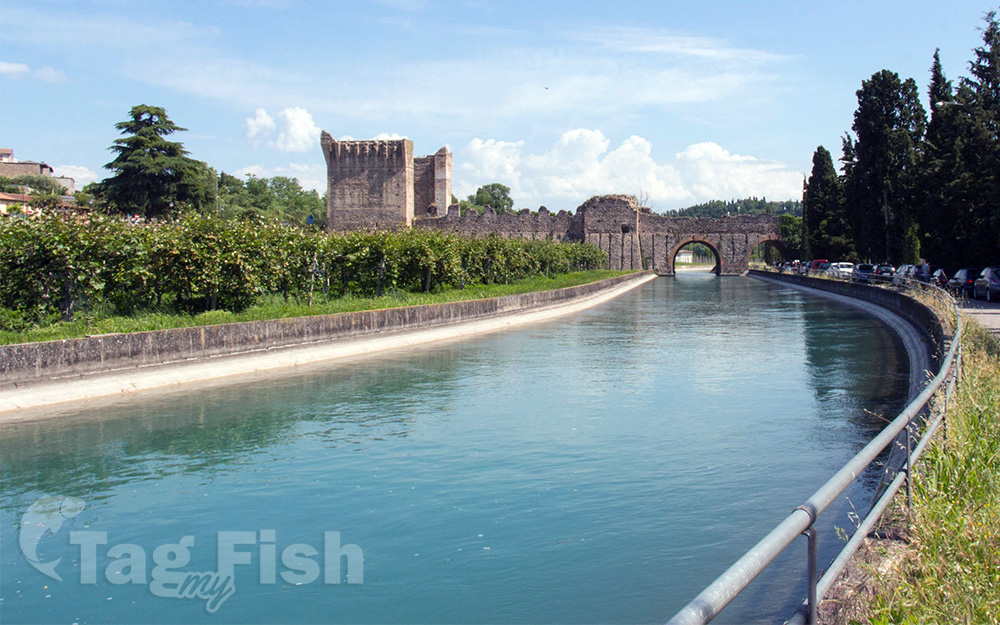
Sources
Artificial lakes
Perciformes - Perches
Esociformes - Pikes
Siluriformes - Catfishes
Centrarchiformes - Basses and sunfishes
Cypriniformes - Carps
Gadiformes - Cods
Perciformes - Perches
Esociformes - Pikes
Siluriformes - Catfishes
Centrarchiformes - Basses and sunfishes
Cypriniformes - Carps
Gadiformes - Cods
Salmoniformes - Salmons and Trouts
Acipenseriformes - Sturgeons and Paddlefish
Clupeiformes - Herrings
Mugiliformes - Mullets
Blenniiformes - Blennies
Gobiiformes - Gobies
Cyprinodontiformes - Toothcarps
Perciformes - Perches
Esociformes - Pikes
Siluriformes - Catfishes
Centrarchiformes - Basses and sunfishes
Cypriniformes - Carps
Gadiformes - Cods
Salmoniformes - Salmons and Trouts
Acipenseriformes - Sturgeons and Paddlefish
Clupeiformes - Herrings
Mugiliformes - Mullets
Blenniiformes - Blennies
Gobiiformes - Gobies
Cyprinodontiformes - Toothcarps
The river is the main outlet of Lake Garda. It is a part of the Sarca-Mincio river system which also includes the river Sarca and the Lake Garda. The river starts from the south-eastern tip of the lake at the town of Peschiera del Garda and then flows from there for about 65 kilometres (40 mi) past Mantua and into the river Po. From Lake Garda until it reaches Pozzolo, it forms the boundary between Veneto and Lombardy.
In the Etruscan period, the Mincio probably joined with the river Tartaro and flowed into the sea Adriatic Sea into the pit Filistina, in Roman Republic it was made to flow into the Po with three branches from Mantua by Quintus Curius Hostilius, subsequently reunited in a single embanked in 1198 on a project by Alberto Pitentino and regulated its course with several dams (Ponte dei Mulini, Mantua) and the Governolo) dam to make it navigable, to prevent Mantua from being flooded by the flooding of the Po and to improve air quality.
At Mantua the Mincio was widened in the late 12th century, forming a series of three (originally four) lakes that skirt the edges of the old city. The original settlement here, dating from about 2000 BC, was on an island in the Mincio.
The former lower part of the course of the Mincio flowed into the Adriatic Sea near Adria until the breach at Cucca in 589, roughly following the course of the river that is currently known by the name of Canal Bianco; it had been a waterway from the sea to the lake until then.




